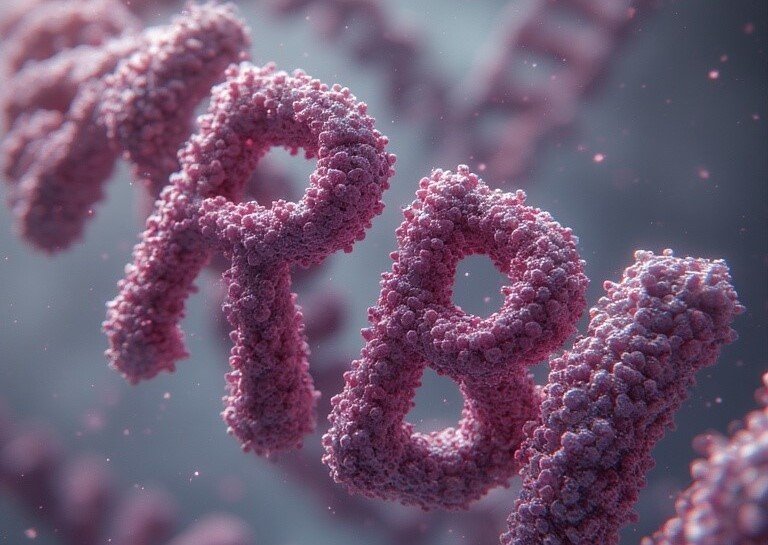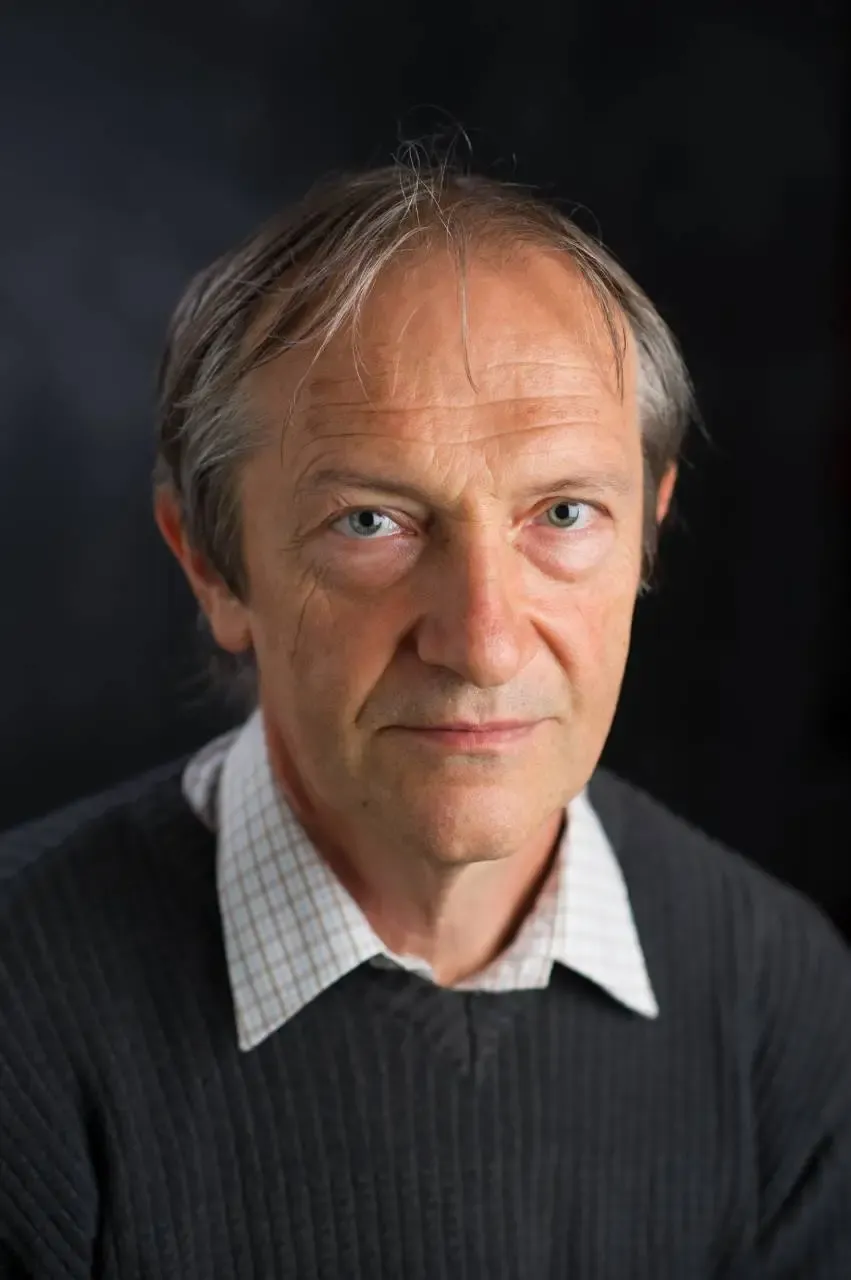New study links DNA replication failure to cancer therapy

A new study from Karolinska Institutet, published in Nature Communications, reveals that cyclin-dependent kinases (CDK) promote DNA replication licensing in human cells by relieving inhibitory signals from RB tumor suppressor proteins. The findings add a new layer to our understanding of how cancer drugs work and may lead to better targeted cancer therapies in the future.

The study focuses on the protein group CDK4/6 and its interaction with RB tumor suppressor proteins. The RB gene, first identified in childhood retinoblastoma as the world’s first tumor suppressor, has long been viewed as a gatekeeper of the cell cycle. The new findings reveal that they also play a crucial role in preparing the cell’s DNA for copying, a process known as “replication licensing”.
Coordinating life’s two essentials
“Our discovery shows that the phosphorylation of RB by CDK4/6 has two functions: it commits cells to divide, and it prepares the genome to be copied correctly. This dual role might explain why CDK4/6 inhibitors are so powerful in the clinic and points the way to even more effective cancer treatments”, says Dr. Bennie Lemmens, senior author of the study and researcher at the Department of Medical Biochemistry and Biophysics at Karolinska Institutet.
The researchers also found that combining CDK4/6 inhibitors with other treatments that block DNA licensing caused cancer cells to divide without copying their DNA properly. This was especially harmful to cells lacking a protective gene called p53, which is often missing in cancer.

“The results were surprising because CDK’s are traditionally thought to be inhibitors of DNA replication licensing. But our biochemical assays, DNA sequencing, and single-cell imaging data consistently pointed towards a positive role for CDK4/6 in enabling replication", says Michael Hawgood, lead author of the study and researcher at the Department of Medical Biochemistry and Biophysics at Karolinska Institutet.
To uncover this dual function, the KI researchers developed rapid protein degradation technologies and teamed up with Halazonetis lab in Switzerland to perform highly sensitive DNA sequencing experiments, allowing them, for the first time, to control and accurately measure DNA replication at thousands of sites across the human genome.

”Our new study further extends the important concept that we pioneered over the years, on the role of RB in G1/S control and prevention of replication stress, the major driving force of genomic instability and cancer progression”, says Jiri Bartek, co-author and researcher at the Department of Medical Biochemistry and Biophysics at Karolinska Institutet
The Lemmens and Bartek labs emphasize their gratitude to The Mark Foundation for Cancer Research, Cancerfonden, the Swedish Research Council, KI and SciLifeLab, whose support has been critical for enabling this work on the fundamental mechanisms of human cell division.
Publication
Temporal control of human DNA replication licensing by CDK4/6-RB signalling and chemical genetics.
Sosenko Piscitello A, Nilsson AS, Hawgood M, Sayyid AH, Dionellis VS, Giglio G, Urién B, Bajgain P, Ntallis SG, Bartek J, Halazonetis TD, Lemmens B
Nat Commun 2025 Sep;16(1):8268
